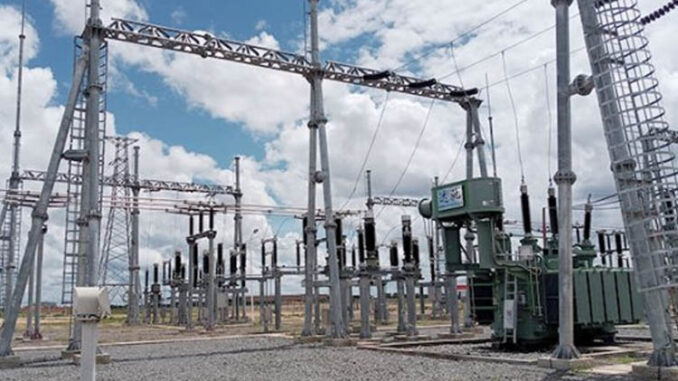
Angola plans to reach an installed capacity of 8,000 megawatts and an electrification rate of 50% by 2027, which will require an investment of 17.2 billion dollars (16.3 billion euros), the government said on Thursday October 26.
The goal of increasing coverage from the current 43% to 50% was announced by Angola’s Minister of Energy and Water, João Baptista Borges, at the opening of the 7th edition of Africa Energy Market Place 2023, promoted by the African Development Bank (AfDB).
João Baptista Borges began by pointing out that the African continent is still struggling with a low electrification rate, and that Angola has achieved exponential growth in its installed electricity production capacity in recent years, rising from 2,356.36 megawatts (MW) in 2015 to around 6,319.43 megawatts today, thanks to “important investments”.
The Angolan government official highlighted the recent completion of the Laúca Hydroelectric Plant, which produces around 2,070 MW, the expansion of the Cambambe Plant, the construction of the Soyo Combined Cycle Power Plant and the construction of the Caculo Cabaça Hydroelectric Plant, which will produce around 2,172 MW, which will bring the country’s installed capacity to 9,644.09 MW by 2027, surpassing the 8,000 MW projected.
According to the minister, alongside investments in hydroelectric power, Angola has begun the process of restructuring its energy matrix, having recently completed the Biópio Photovoltaic Plant with around 188 MWdc (MW photovoltaic) and Baía Farta, with around 96 MWdc, which contribute around 3.8% to the Public Electricity System.
Despite the investments, João Baptista Borges considered that “the challenges are still immense, given the need to guarantee the expansion of the energy transportation network to the south and east of the country”.
“By the end of 2027, we aim to achieve a 50% access rate, considering a population of 33 million people, which presupposes making around 1,700,000 new home connections,” he said, pointing to the expansion of the electricity grid, increased efficiency and sustainability in the sector and a commitment to renewable energies and private participation as strategies for achieving the goal.
